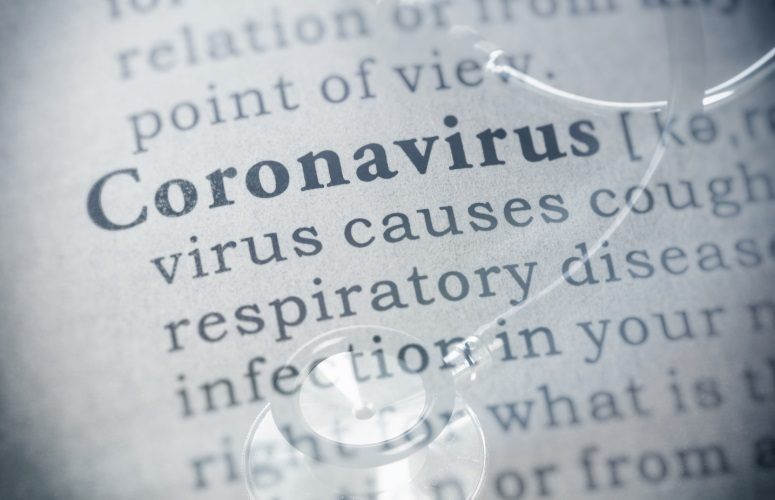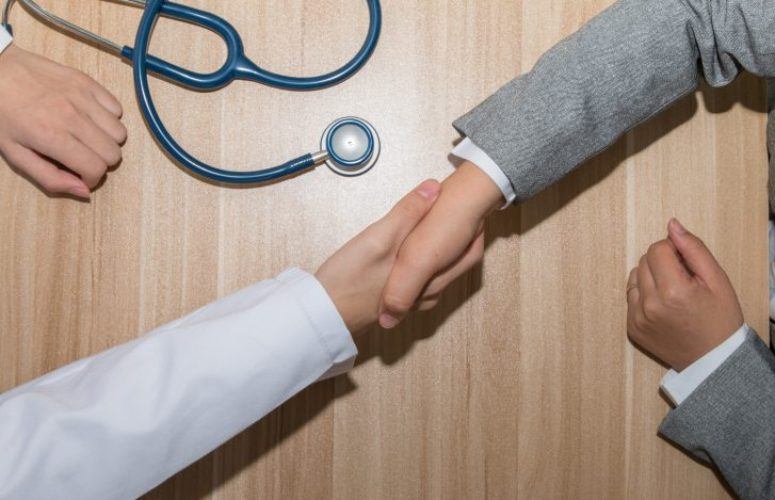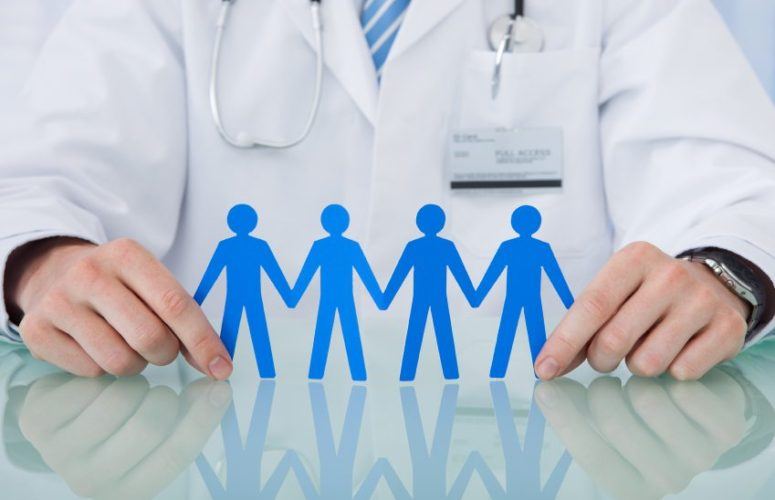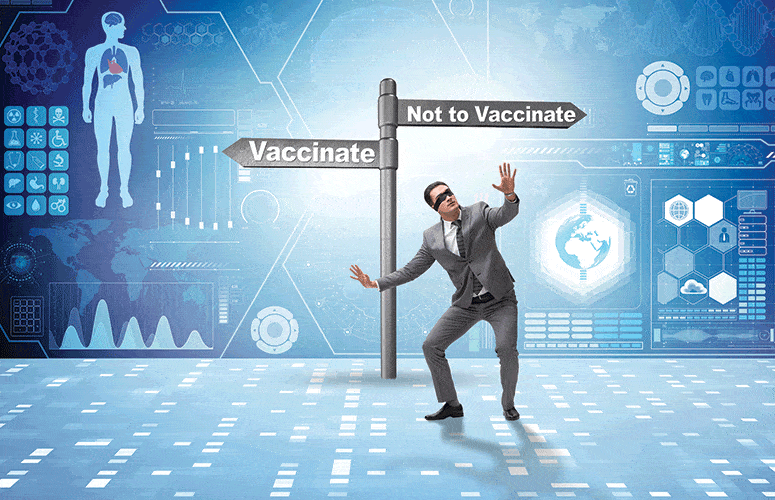
As Murphy Declares State of Emergency, NJ Sees First Death from COVID-19
By Jim Pytell, Assistant Editor On Mar 10, 2020State officials announced New Jersey’s first death from COVID-19 today – a 69 year old male from Bergen County who was admitted to Hackensack University Medical Center on March 6.
New Jersey Health Commissioner Judy Persichilli said the man who passed away had no history of travelling outside the United States; however he did travel to and from New York, and had a health history that included diabetes, hypertension, gastro-intestinal bleeding and emphysema.
The state’s total number of presumptive positive cases of COVID-19 now stands at 15, and Persichilli said that there are currently 31 individuals under investigation waiting to be tested.
She added that as of now, mitigation interventions focused on controlling the spread of disease, such as workplace accommodations, school closures and dismissals, and daycare closures, for example, will continue to be decided on a case-by-case basis.
“We have to focus on community spread,” Persichilli said. “In New Jersey right now, we do not see [community spread] which is person to person transmission without a known COVID-19 exposure. When we start seeing community spread, there is no doubt that we will be exercising more vigilance in our recommendations for closures, travel and mass transit. … We are not there yet.”
With that said, today, Bayer became the first major employer in New Jersey to recommend its employees work from home for the foreseeable future, closing its two locations in Whippany and Morristown until further notice. Some 2,300 employees are impacted by the closings.
A company spokesperson said that the measure is a precaution and that there are no known cases of COVID-19 connected to the company.
Additionally, Rutgers University has cancelled all classes from March 12 through the conclusion of its spring break on March 22. From there, it will conduct all classes starting March 23 through at least April 3 remotely.
The university said that students living on campus should leave as soon as possible, and has strongly encouraged they stay off campus until at least April 3.
Yesterday, Governor Murphy declared a state of emergency and a public health emergency to ramp up the state’s efforts to contain the spread of the virus.
The declaration triggers executive powers and safeguards, such as prohibiting excessive price increases pursuant to New Jersey’s Consumer Fraud Act and the ability to waive certain procurement procedures to expedite the delivery of goods and services necessary for coronavirus preparedness and response efforts.
The Murphy Administration also announced that it will waive consumer cost sharing for all medically necessary COVID-19 testing, as well as services related to testing. The waiver includes emergency room, urgent care and office visits related to COVID-19 testing for the state’s individual, small and large group markets; the State Health Benefits and School Employee Health Benefits Plans; NJ FamilyCare’s CHIP population; and the state’s uninsured population, eligible for the Charity Care program.
Murphy also encouraged employers to consider measures to support consumer access to medically necessary COVID-19 screening, testing, and testing-related services, including waiving cost sharing where appropriate.
To access more business news, visit NJB News Now.
Related Articles:





